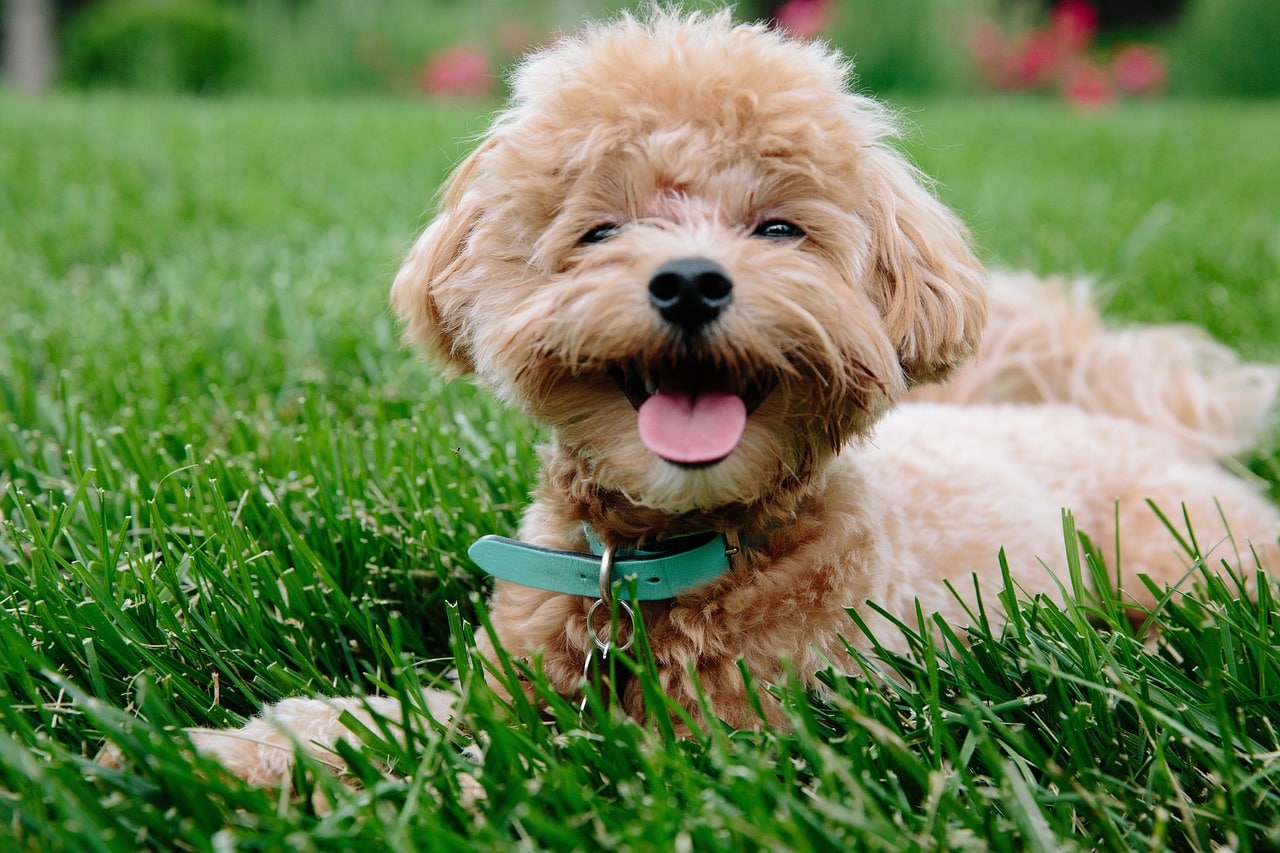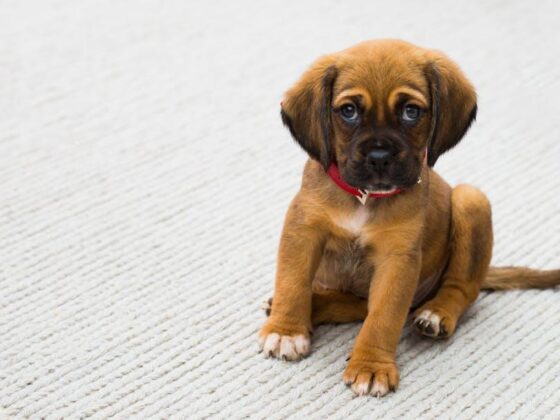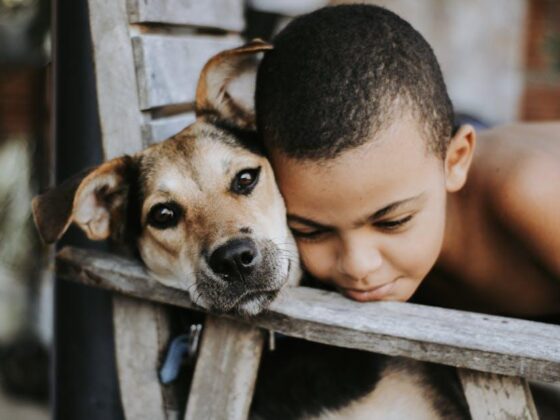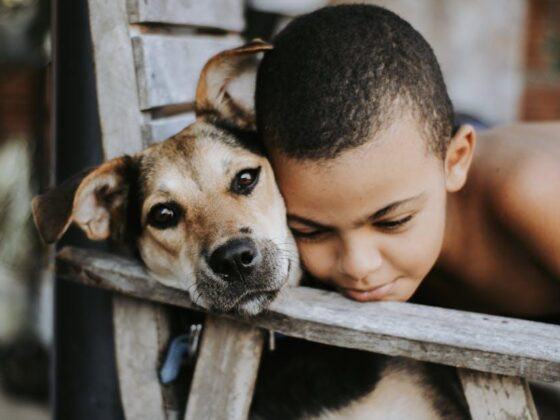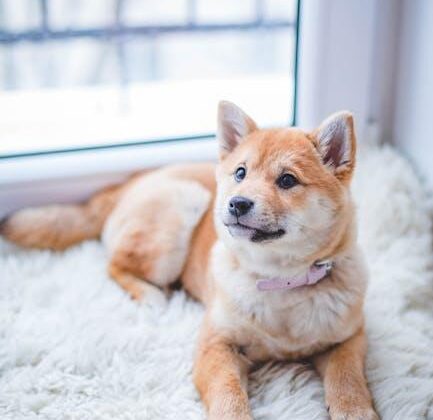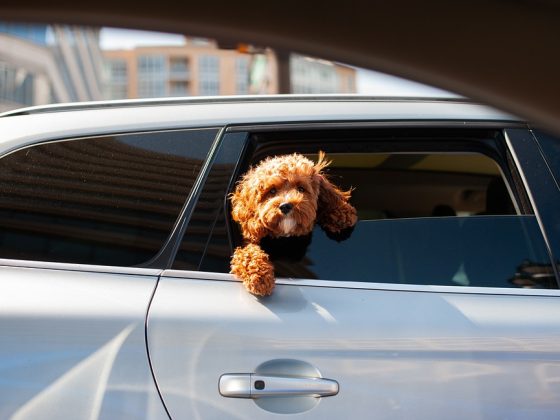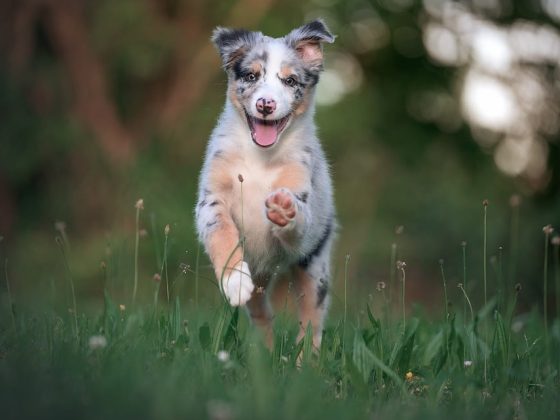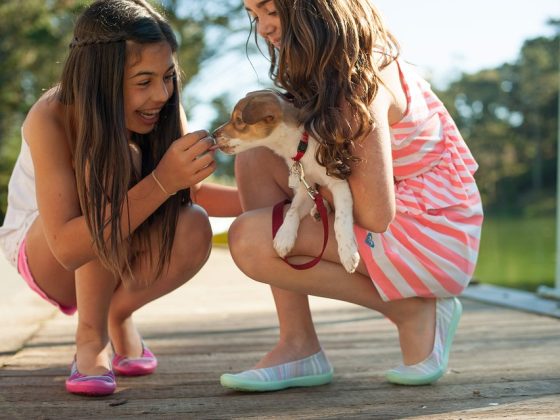Puppy Parenting 101: The Complete Guide to Caring for Your Furry Friend
Bringing home a new puppy is an exciting and rewarding experience, but it also comes with a great deal of responsibility. As a new puppy parent, it's important to educate yourself on the proper care and training techniques to ensure your furry friend grows up to be a happy and healthy dog. In this complete guide to puppy parenting, we will cover everything you need to know to care for your new four-legged family member.
Feeding
One of the most important aspects of puppy care is providing a nutritious and balanced diet. Puppies have different nutritional needs than adult dogs, so it's important to feed them a high-quality puppy food that is specifically formulated for their age and size. You should also make sure to feed your puppy on a consistent schedule to help regulate their digestion and prevent overeating.
In addition to feeding your puppy the right food, it's important to provide them with access to fresh water at all times. Keeping your puppy hydrated is essential for their overall health and well-being.
Training
Training your puppy is another crucial aspect of puppy parenting. It's important to start training early to help your puppy learn basic commands and proper behavior. Positive reinforcement techniques, such as rewards and praise, are effective ways to train your puppy and build a strong bond with them.
Consistency is key when it comes to training your puppy. Make sure to set clear boundaries and rules for your puppy to follow, and be patient and consistent in enforcing them. Remember that training takes time and practice, so be prepared to put in the effort to help your puppy become a well-behaved and obedient dog.
Socialization
Socializing your puppy is essential for their emotional development and overall well-being. Exposing your puppy to new experiences, people, and animals at an early age can help them develop into a confident and well-adjusted adult dog. Make sure to introduce your puppy to a variety of environments and situations to help them feel comfortable and secure in different settings.
Regular playtime and interactions with other dogs can also help your puppy develop important social skills and build positive relationships with other animals. Just make sure to supervise your puppy during playtime to ensure their safety and well-being.
Exercise
Regular exercise is important for your puppy's physical health and mental stimulation. Puppies have a lot of energy and need plenty of opportunities to play and run around to burn off excess energy. Make sure to provide your puppy with daily exercise, such as walks, playtime, and interactive toys, to help keep them healthy and happy.
It's important to remember that puppies have different exercise needs than adult dogs, so be mindful of your puppy's age, breed, and size when determining their exercise routine. Over-exercising your puppy can lead to injuries or health problems, so it's important to find a balance that meets your puppy's needs without causing harm.
Grooming
Proper grooming is essential for keeping your puppy clean, healthy, and comfortable. Regular grooming tasks, such as bathing, brushing, nail trimming, and ear cleaning, are important for maintaining your puppy's overall hygiene and appearance.
It's important to start grooming your puppy at an early age to help them become accustomed to the process. Use positive reinforcement techniques, such as treats and praise, to make grooming a positive and enjoyable experience for your puppy. If you're unsure about how to groom your puppy properly, consider consulting a professional groomer for help and advice.
FAQs
Q: How often should I feed my puppy?
A: Puppies should be fed 3-4 times a day, depending on their age and size. It's important to feed your puppy on a consistent schedule to help regulate their digestion and prevent overeating.
Q: When should I start training my puppy?
A: You can start training your puppy as early as 8 weeks old. It's important to start training early to help your puppy learn basic commands and proper behavior.
Q: How much exercise does my puppy need?
A: Puppies should get at least 30 minutes to 1 hour of exercise a day, depending on their age, breed, and size. Make sure to provide your puppy with daily exercise to help keep them healthy and happy.
Q: How often should I groom my puppy?
A: Puppies should be groomed regularly, including bathing, brushing, nail trimming, and ear cleaning. It's important to start grooming your puppy at an early age to help them become accustomed to the process.
In conclusion, puppy parenting is a rewarding and fulfilling experience that requires dedication, patience, and love. By following the tips and guidelines outlined in this complete guide to puppy parenting, you can ensure your furry friend grows up to be a happy and healthy dog. Remember to always provide your puppy with proper nutrition, training, socialization, exercise, and grooming to help them thrive and live their best life.


